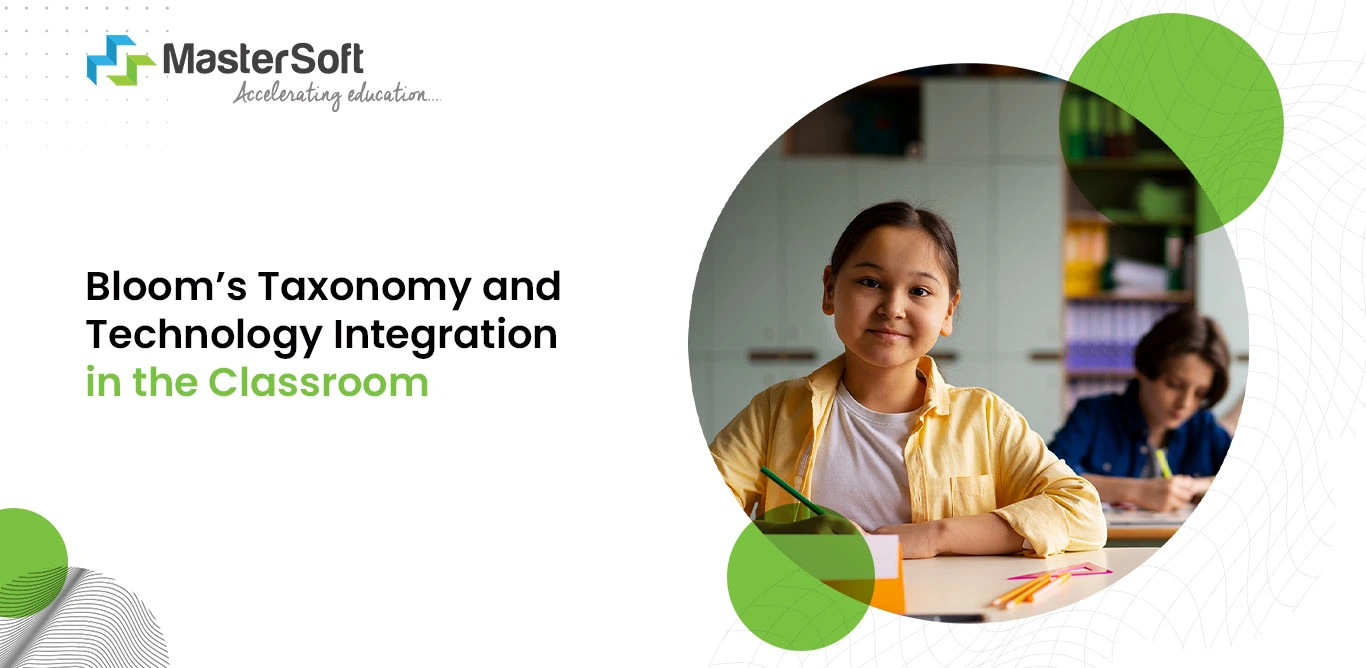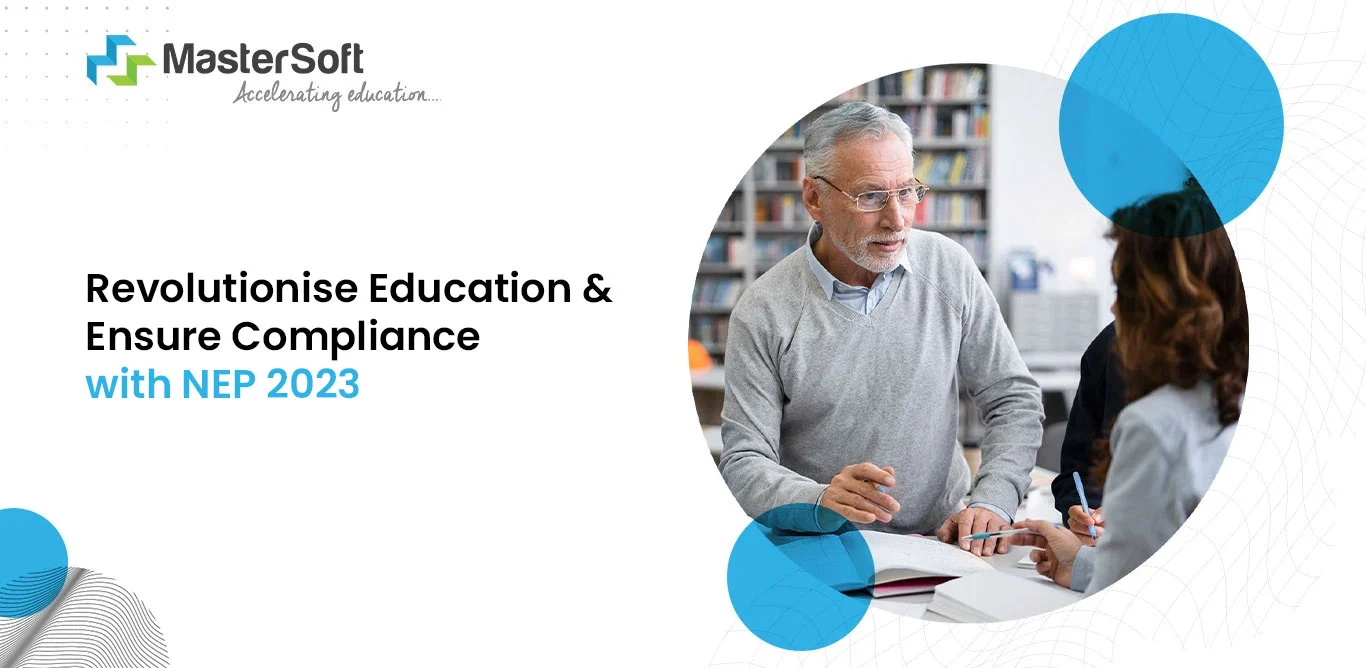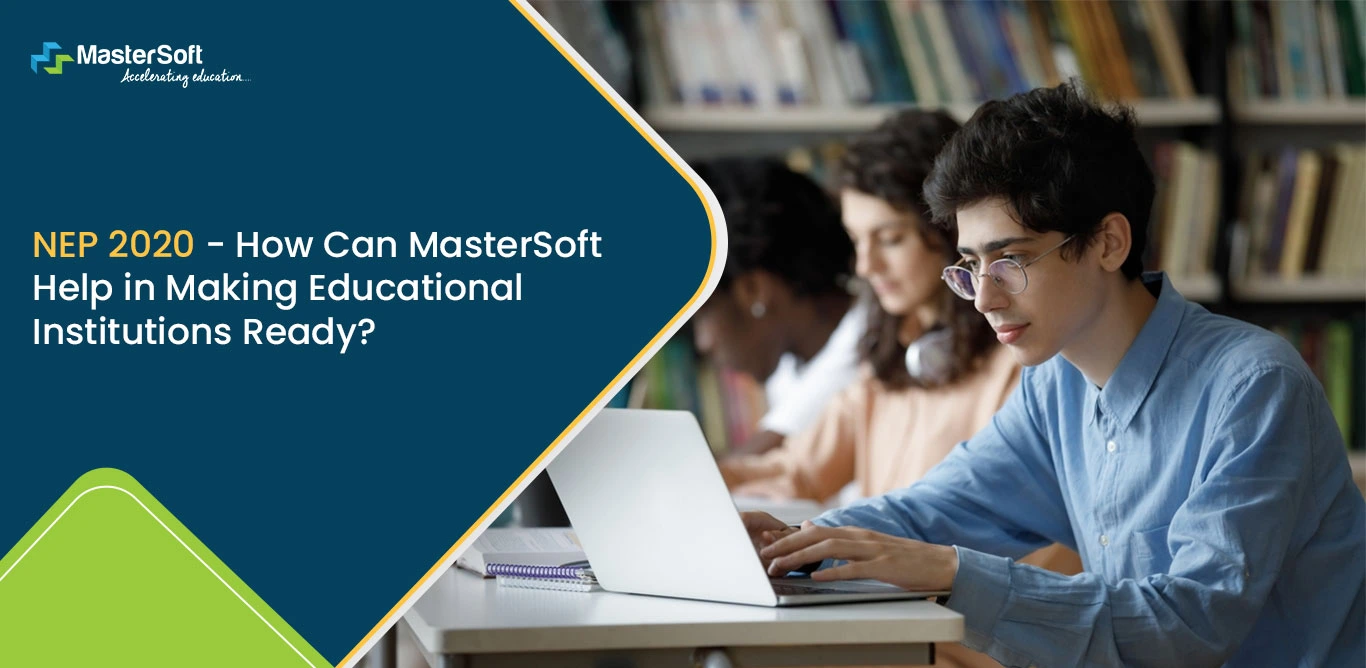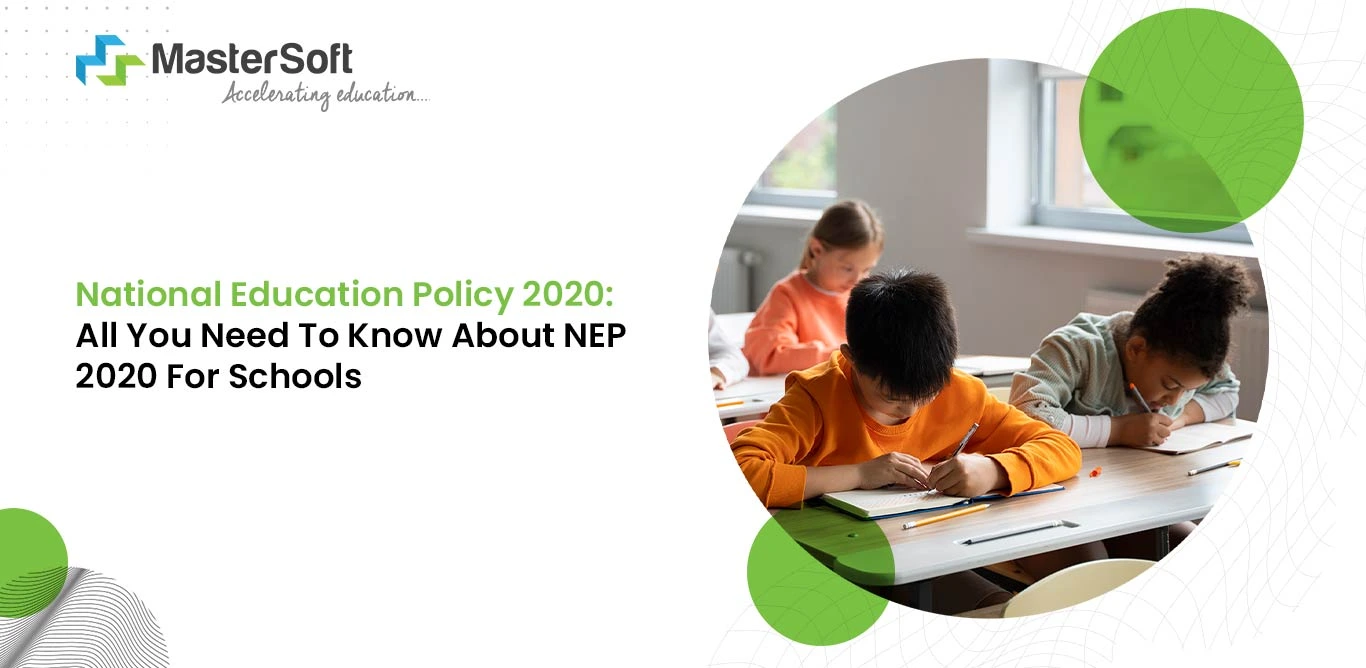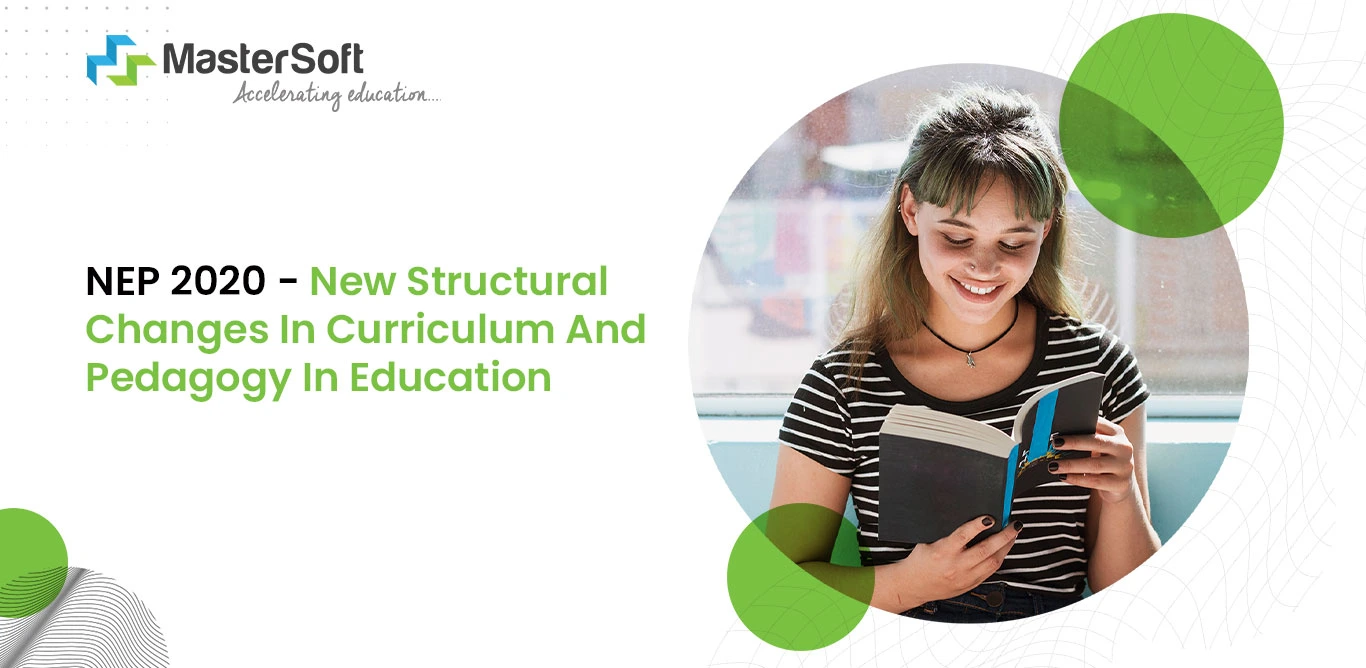29, Jan 2023
The education system needs must reflect the changes as the world stands at the threshold of ever-evolving socio-economic and cultural phenomena. If the curriculum tends to be outdated and generic with little to no alterations, it fails to serve its purpose.
However, the national curriculum framework plays a significant role in providing a structure or framework to develop diverse curricula. Furthermore, it indicates appropriate syllabi, teaching-learning materials, workbooks, textbooks, and assessment methods. Also, understanding NCF principles and objectives is a significant part of the implementation process.
What is the National Curriculum Framework?
The National Curriculum Framework (NCF) is a comprehensive education strategy that the Ministry of Education and the National Council of Educational Research and Training (NCERT) developed to promote positive changes in overall academic processes.
Furthermore, it focuses on the holistic transformation of the curriculum; therefore, it has a positive impact on all aspects of school education.
A few Critical Characteristics of NCF
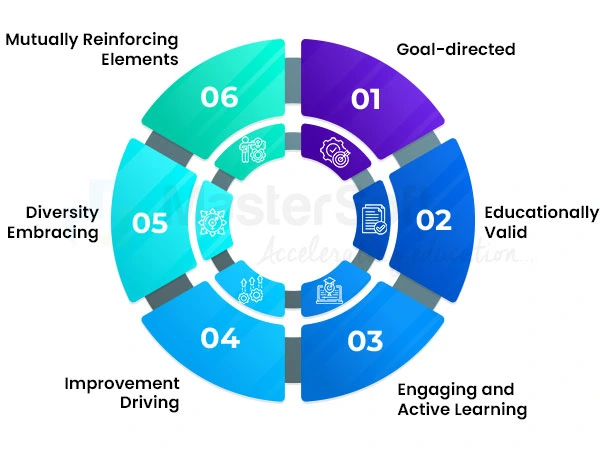
Goal-directed
Curriculum and educational goals are central to the approach of the framework. Therefore, teaching and learning practices strive towards the fulfilment of learning outcomes.
Educationally Valid
The guidelines and set of standards have been set up based on research, experience, accumulated knowledge, etc.
Engaging and Active Learning
Education should be interesting and exciting for both children and teachers.
Improvement Driving
It must be conducive to introducing and implementing changes within practical constraints and limitations.
Diversity Embracing
The educational practices and materials must address India’s diversity and become a source of learning.
Mutually Reinforcing Elements
All the above-mentioned characteristics and dimensions are mutually reinforcing. Also, the curricular goals, content, pedagogy, school culture and practices, assessments, and evaluation must be mutually reinforcing.
ECCE - Early Childhood Care And Education - A Complete Guide
Four Sections of the National Curriculum Framework
The four sections of NCF 2020 are the four pillars under the National Education Policy 2020, enabling students to gain enriching learning experiences.
The National Curriculum Framework for School Education
It includes a standardised set of guidelines for textbooks, syllabi, and teaching methodologies in the context of school education.
he National Curriculum Framework for Early Childhood Care and Education
It emphasises holistic education and the development of children from an early age and relates to creating strong foundational literacy and numeral skills.
The National Curriculum Framework for Teacher Education
The goal of NCFTE is the professional development and training of teachers, enabling them to facilitate value-based instruction and meaningful classroom sessions.
The National Curriculum Framework for Adult Education
It focuses on volunteerism, community involvement, and mobilisation as key success factors of adult literacy programmes, in conjunction with political will, organisational structure, proper planning, adequate financial support, and the high-quality capacity building of educators and volunteers.
Key Principles of the National Curriculum Framework
- One of the primary principles of the framework is inclusivity, which recognises socio-economically disadvantaged groups (SEDGs). These groups include:
- Gender identities (particularly female and transgender individuals).
- Socio-cultural identities (such as Scheduled Castes, Scheduled Tribes, OBCs, and minorities).
- Geographical identities (such as students from villages, small towns, and aspirational districts).
- Disabilities (including learning disabilities).
- Socioeconomic conditions (such as migrant communities, low-income households, children in vulnerable situations, victims of or children of victims of trafficking, orphans, including child beggars in urban areas, and the urban poor).
Therefore, during curriculum development, the drafters integrate relevant content and educational material for equitable educational opportunities. All students, irrespective of their socioeconomic and cultural background, have the right to a quality education.
Hence, the framework focuses on creating an inclusive learning environment that strives to meet students' needs.
1. Holistic Development
Education that goes beyond imparting bookish knowledge and focuses on the overall development of students is a vital principle. Hence, a multidisciplinary approach instead of traditional learning methodologies is integral to the process.
The framework outlines several measures for student development in all aspects, including social, theoretical, intellectual, emotional, and moral. For instance, it suggests curricular content and activities that boost critical thinking and analysis-based learning.
Besides, Competency Based Education methodologies take center stage rather than focusing on the completion of the syllabus. Teachers will implement experiential learning and story-telling-based pedagogy, a key component of NCF 2020.
Also, the flexibility to choose from a wide variety of subjects, including academic and vocational, will enhance the learning experience. On the other hand, institutes will introduce modern subjects like AI (artificial intelligence), design thinking, holistic health, etc.
2. Emphasis on Foundational Learning
Strong foundational learning helps students become well-equipped and perceptive for the subsequent academic stages. Therefore, foundational literacy and numeracy are necessary prerequisites for ECCE (Early Childhood Care and Education).
Therefore, it focuses on creating a strong foundation in basic concepts like language, numbers, and social skills. Hence, pedagogical considerations must relate to play-based interactions and activities, helping to engage in fun and fulfilling learning experiences.
Teachers need to help them understand their emotions and others’ and provide individualised care and attention.
3. Life Skills
Adapting to new situations and resolving challenges are important to thrive in society and the competitive modern workplace. Therefore, the Life Skills Collaborative, a consortium of 30 organisations with multi-sector expertise, has begun a major initiative.
Moreover, they have developed a glossary of key skill terms and a framework for life skills training in the last three years.
They have highlighted important life skills as directed by NCF 2020, which are as follows:- Creative thinking skills will help them reconsider things from different perspectives and develop unique solutions to problems.
- Time management skills allow one to divide and manage time effectively to reassess, restructure, and reevaluate life and its priorities.
- Lifelong learning refers to the continuous accumulation and updating of knowledge and skills for social and economic growth.
Understanding NEP Compliance: A Comprehensive Guide
4. Multilingualism
Multilingualism is one of the significant tenets of NEP 2020; hence, the curriculum framework highlights the use of more than one language in the classroom. The selection of appropriate languages depends on the respective state and students.
Hence, the mode of instruction must be local or regional, at least until classes 5 and 8, wherever possible. The framework provides guidelines about high-quality textbooks and strategies to create multilingual learning environments in schools.
Strategies for Effective National Curriculum Framework Implementation
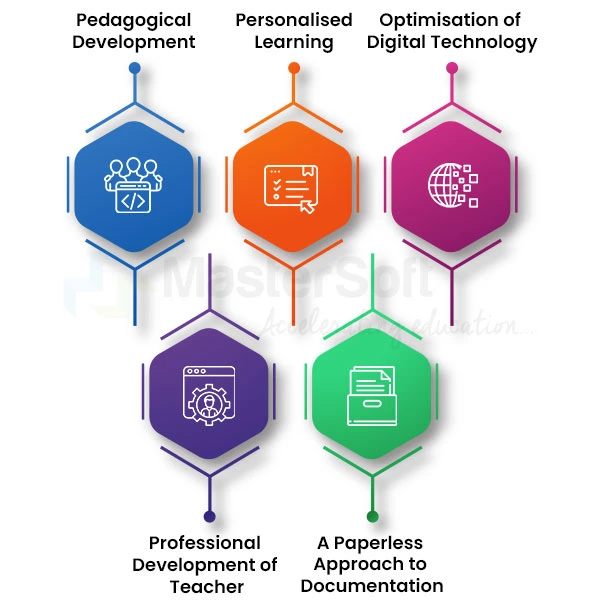
Pedagogical Development
Pedagogical approaches must be relevant to the particular academic stage, namely, foundational, preparatory, middle, and higher secondary. For instance, in the context of the foundational stage, the teachers must strengthen students’ foundational abilities to read and write.
On the other hand, for the preparatory stage, they must incorporate learning opportunities that relate to play-based and activity-based. Also, bilingual teaching and learning materials across various subjects must be included during curriculum development for this stage.
For students in the middle stage, teachers must conduct discussions on abstract subjects such as science, mathematics, the arts, social science, etc. Opting for a cross-curricular approach is the best way to go about this stage.
The secondary stage includes four years of multidisciplinary study; therefore, the focus should be on arts-integrated and sports-integrated education and telling-based pedagogy. Teachers need to provide opportunities for students to develop the ability to engage, handle conflicts with their peers and co-learners, communicate effectively, and work collaboratively and cooperatively.
Personalised Learning
The framework indicates the abandonment of the one-size-fits-all approach and advocates an individualised education model. It recommends the establishment of a learner-centric system that recognises students' distinct learning styles and aspirations.
Moreover, one of the significant aspects is personalised learning, which necessitates adaptive and flexible curricula to meet the needs of individual learners. Therefore, implementing a personalised learning strategy must include the following:
- Customised Learning Paths: Teachers assess the learning and comprehension levels of students to create customised learning paths. Hence, the latter can progress at their own pace without feeling pressured.
- Inclusive Learning: Teachers create a student-centric learning environment that encourages students to share stories and instances about their culture and tradition.
- Teacher Support: Teachers must provide continuous support and encouragement and ensure student autonomy wherever needed. They implement adequate instructional strategies that help boost the individual skills of students.
Optimisation of digital technology
Education technology aids in the modernization of academic and administrative processes. For instance, institutes must develop strategies to implement a robust digital infrastructure.
Hence, it involves adopting technology-enabled e-learning platforms, helping to facilitate smooth online and hybrid learning. Therefore, teachers and students can access a wide variety of digital content, interactive modules, and multimedia learning material.
Institutes must utilise modern education software like the LMS to obtain analytic reports and data to make informed decisions. Also, they must design and develop the rollout of MOOCs (massive open online courses) with appropriate policies, evaluations, certifications, and credit transfers.
Professional Development of Teachers
Teachers have the most crucial responsibility of facilitating the changes prompted by the new education policy for 2020. Furthermore, teachers must be competent and qualified to carry out multi-disciplinary and quality teaching and learning.
That is where the National Curriculum Framework for Teacher Education (NFTE) will be integral to teacher education.
Besides, the following will serve as important components for the professional development of students:
- Suitable teacher training to prepare teachers as effective online educators.
- The Regulatory System shall be empowered to take stringent action against substandard and dysfunctional teacher education institutions (TEIs) that do not meet basic educational criteria after giving one year to remedy breaches.
- By 2030, only educationally sound, multidisciplinary, and integrated teacher education programmes will be in force.
- Adequate training sessions familiarizing teachers with the national curriculum framework, so that they can accordingly develop the lesson plans and pedagogies
National Education Policy 2020 - Make Your Institute Ready For NEP-2020
A Paperless Approach to Documentation
A paperless approach must be central to the implementation of the curriculum framework; therefore, all states and UTs must prepare the State Curriculum Framework (SCF). They must go through the process of district-level consultations, mobile app surveys, and the development of position papers.
State focus groups must execute the above-mentioned tasks in 25 areas or themes, according to NEP 2020. The SCFs will provide input concerning the development of NCFs.
On the other hand, NCERT will conduct surveys at the national level to get feedback from stakeholders concerning issues related to curriculum implementation.
Conclusion
NEP 2020 is an ambitious policy aiming to transform the education system of India, while NCF 2020 is fundamental for accomplishing the desired goals. A practical and design-based approach is essential to understanding the objectives and implementing appropriate strategies.
Streamline Teaching-Learning Process with MasterSoft’s Learning Management System.
Mobile: 08448010216
Email:info@mastersofterp.com



